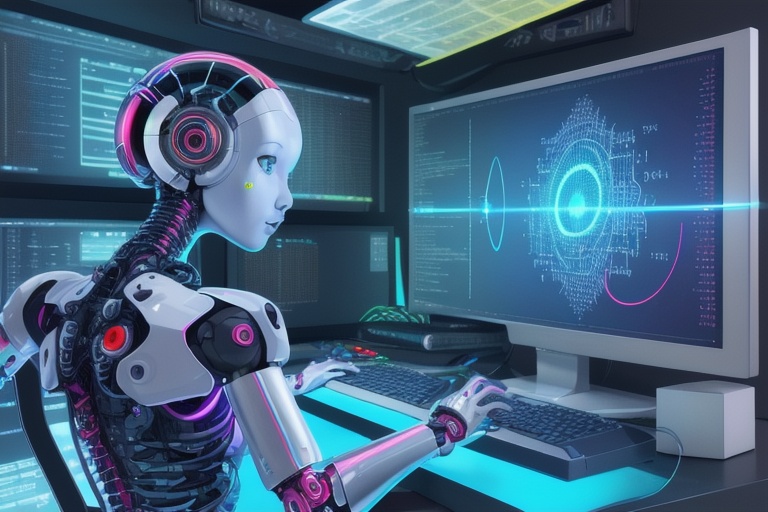Artificial intelligence (AI) has been a transformative force in the world of technology, bringing about change in a multitude of industries. When it comes to software engineering, a pressing question arises: Will AI one day render the role of software engineers and programmers obsolete? This article delves into the capabilities of AI within the domain of coding and examines how its role may shape the future of software development.
Artificial intelligence (AI) has been a transformative force in the world of technology, bringing about change in a multitude of industries. When it comes to software engineering, a pressing question arises: Will AI one day render the role of software engineers and programmers obsolete? This article delves into the capabilities of AI within the domain of coding and examines how its role may shape the future of software development.
AI and Software Engineering: A Symbiotic Relationship
At present, AI is not in a position to fully replace software engineers. Though AI certainly has the potential to automate certain aspects of coding, the function of software engineers is more likely to evolve than to disappear. Far beyond mere coding, a software engineer's responsibilities include tackling complex problems, concocting innovative solutions, mastering design principles, being vigilant about security, and understanding intricate system interdependencies. These uniquely human elements of the software development process are irreplaceable.
As AI becomes more advanced, software engineers will need to adapt their approach to their work. Skills in data-driven and human-centered design, user experience, and iterative testing will be indispensable for software engineers to refine their programming abilities further.
Even technologies like OpenAI's ChatGPT-3, which can generate computer programs without direct coding input, have not advanced to a point where they can completely replace human programmers. For this reason, it is imperative for software engineers to stay up-to-date with technological advancements, using these tools to handle repetitive tasks and boost overall productivity.
Opportunities and Challenges: AI in Software Engineering
Leveraging AI in software engineering offers significant advantages. AI can assist in automating mundane coding tasks, identifying and rectifying bugs, foreseeing future complications, and fostering better collaboration amongst team members. However, it's not without its challenges. The potential for generating poor-quality code, security vulnerabilities, limitations in tackling creative challenges, and a lack of contextual understanding are all concerns that need addressing.
Embracing Change: The Adaptive Software Engineer
AI has its boundaries and currently cannot rival the problem-solving capabilities, inventiveness, and complex comprehension that software engineers possess. Instead of replacing human software engineers, AI is more likely to augment their roles. To capitalize on the benefits of AI while maintaining the essential human qualities that only software engineers offer, it's crucial for these professionals to embrace change. They must enhance their existing skills and remain well-informed about the latest advancements in AI and machine learning.
The Future of Software Engineering in an AI World
The demand for skilled software engineers is set to rise as more industries lean on software development to empower AI applications, the Internet of Things (IoT), robotics, and automation. Specialized skills in programming and data analysis will be increasingly sought after in this new era. Even with AI's presence, coding jobs persevere, and the value of software engineers in the technological world is undeniable.
By continually refining their expertise and staying abreast of new developments, software engineers can flourish in the industry and actively contribute to the shape of tomorrow's technology. In the symbiotic relationship between AI and software engineering, the human element remains not only relevant but essential, steering the path forward for innovation and advancement.
Information for this article was gathered from the following source.




